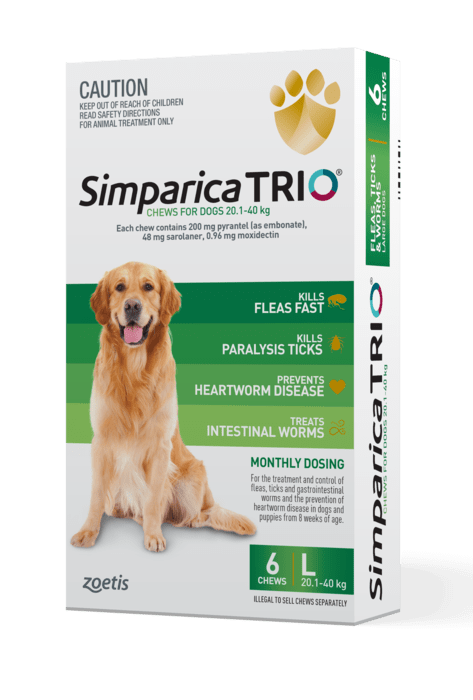Fleas, ticks, deadly heartworm and intestinal worms - from which parasites does your dog need protection?
Answer 6 questions to find out
What is your dog’s name?
Where do you and your dog live?

Your dog comes into contact with parasites everyday. Find out which parasites are hiding in their favourite spots.
Where do you usually walk ?
Please select all that apply
Select location
see what you can find
Total
Parasites
0
Your dog comes into contact with parasites every day. Your dog could be at risk from parasites through their daily activities.
Which of these does come into contact with?
Please select all that apply
Where do they go?
Total
Total
Parasites
What your dog does at home can make them more at risk of parasites than you might think.
What does do at home?
Please select all that apply
Where do they go?
Total
Total
Parasites
Consistent protection from parasites for is important :
Find out whyMake sure is fully protected
Which time of year do you need to give protection from deadly heartworm, fleas, ticks and worms?
Make sure is fully protected
For the greatest peace of mind, when should be protected from parasites?
This advice is of a general nature and is not intended to replace veterinary advice.
parasite results
Get personalised results detailing all the parasites may be at risk from. This advice is of a general nature and is not intended to replace veterinary advice. Please show your vet during your next visit so they can assess any specific risks for your dog and if extra protection is required. All we need to send it to you is your email.
Enter email address
Send me my report

We all know and love our own pets, and so we are best placed to spot anything out of the ordinary. Knowing what to look for is the best way to prevent and treat any possible pet health problems. If you're concerned about anything, give your vet a call.
Treats
Signs of a skin condition can be mistaken for a parasite infection.
Check your dog for signs of a skin condition
Check my dog
Thank you for taking the time to assess and we hope we’ve helped you to help him/her live a more comfortable life.
Thank you
We have sent a copy of your results to
may also come into contact with these parasites:


We all know and love our own pets, and so we are best placed to spot anything out of the ordinary. Knowing what to look for is the best way to prevent and treat any possible pet health problems. If you're concerned about anything, give your vet a call.
Treats
Signs of a skin condition can be mistaken for a parasite infection.
Check your dog for signs of a skin condition
Check my dog
Thank you for taking the time to assess and we hope we’ve helped you to help him/her live a more comfortable life.

